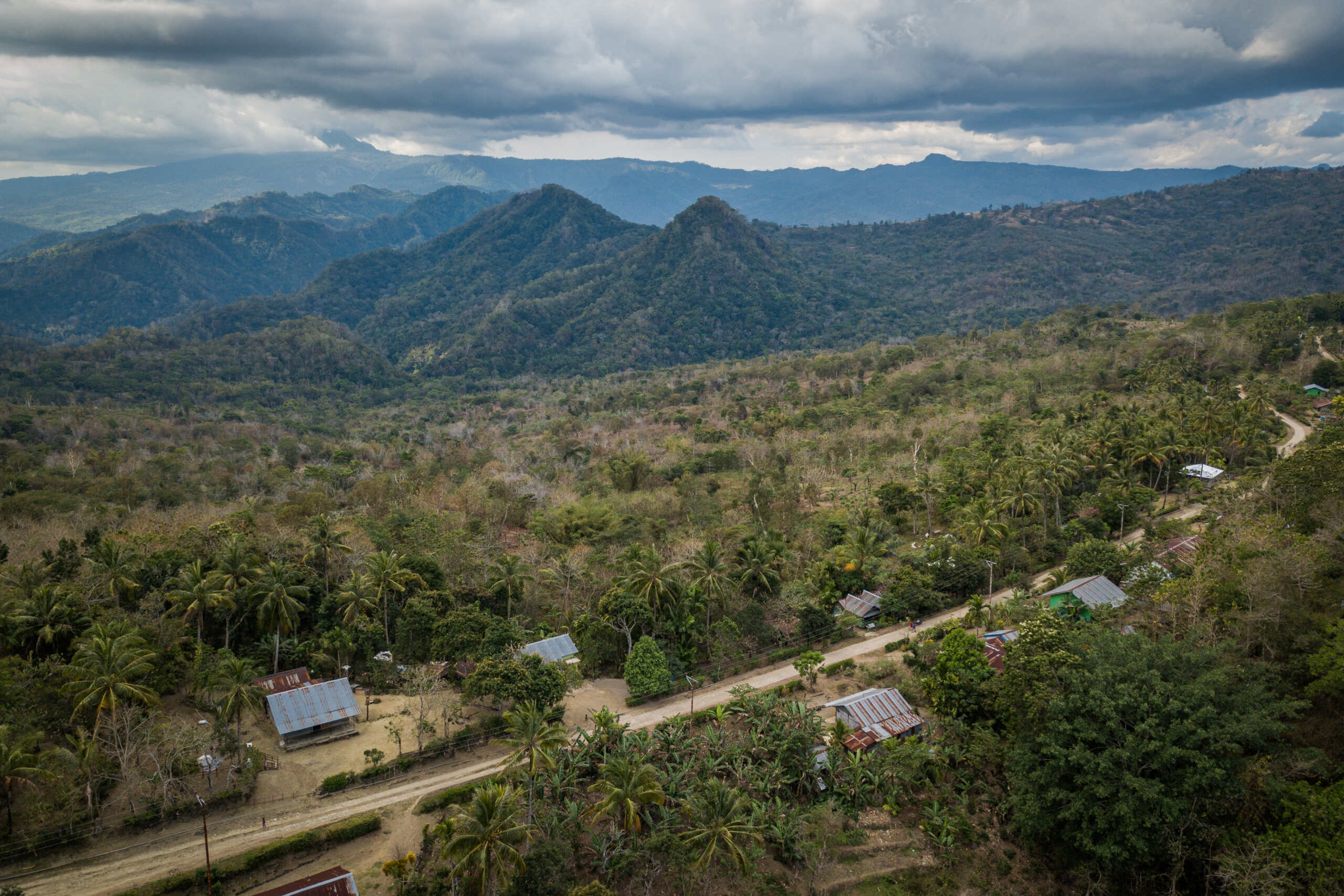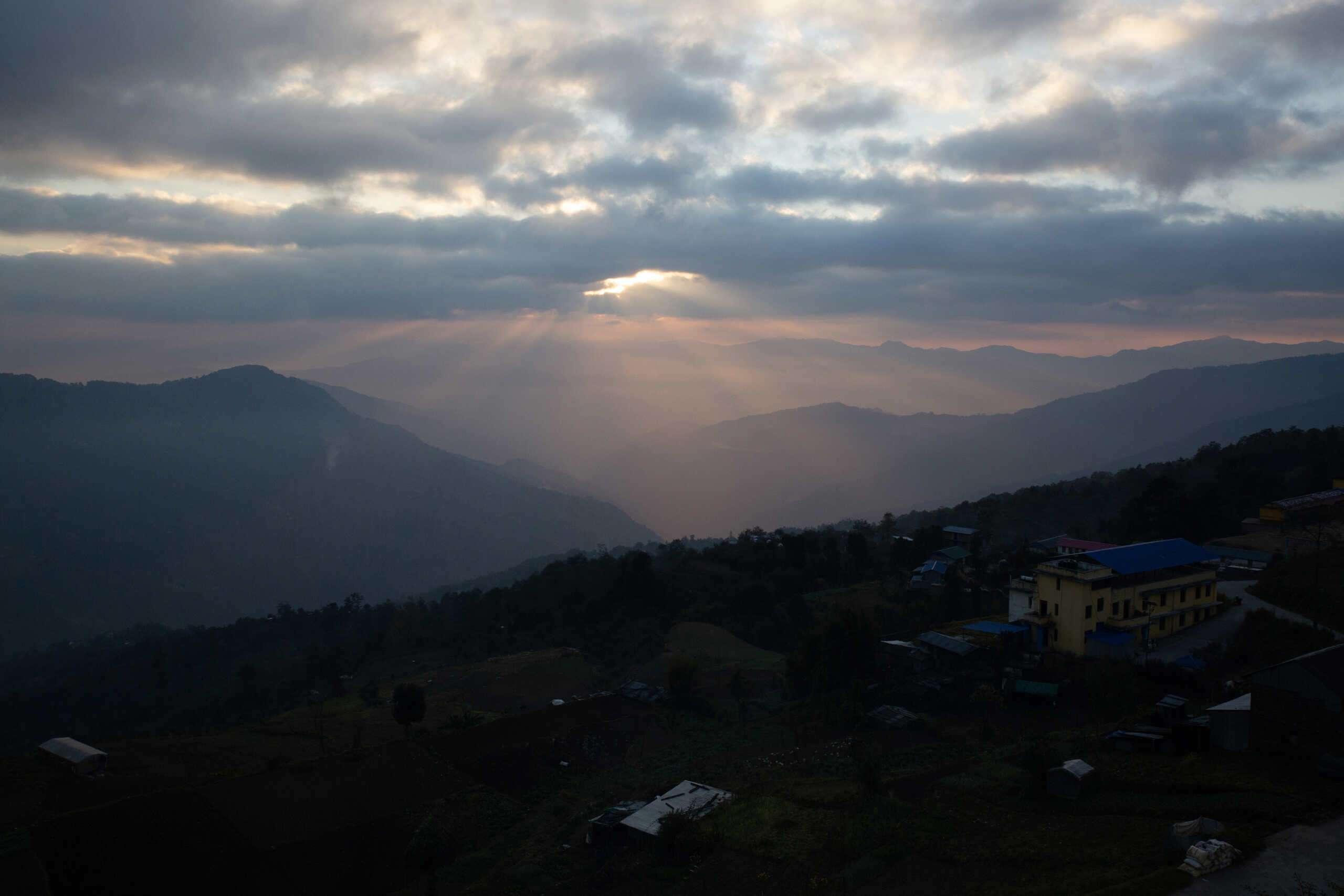Philippines devastated by Typhoon Karding (Noru)
Stories | September 28, 2022
The Philippines is one of the world’s most vulnerable countries when it comes to disaster events – and right now, the Southeast Asian nation is dealing with a significant crisis.
Super Typhoon Noru, known locally as Karding, struck the country’s north before nightfall on Sunday, 25 September 2022, and its impact has been devastating.
Five rescuers have died trying to help residents trapped in rising flood waters. More than 74,000 people were evacuated as homes were flooded, and millions were left without electricity. Officials have been forced to suspend classes and government work in the capital, Manila, and outlying provinces.
The Philippines is the world’s third most disaster-prone country and is hit by about 20 typhoons and tropical storms each year. In addition, the Philippines also experiences earthquakes, landslides, fires and floods. In December 2021, an estimated 400 people died when Typhoon Odette (Rai) hit the country. And in 2013, Typhoon Haiyan killed an estimated 6,300 people.
Everyone deserves equal access to safety during disasters, yet people with disabilities are often the worst affected when a disaster strikes.
People with disabilities are at higher risk of being injured or losing their lives during a disaster. They may be unable to get to safety on their own and may be left behind by their families. People with disabilities also face additional barriers that can make it harder to recover from a disaster and rebuild their homes and livelihoods.
A combination of factors increases the risk and vulnerability of people with disabilities in disasters, including:
- The impact of their impairments
- Barriers within their environments and communities
- Local laws and policies
For example, a person may have a physical impairment that makes it hard to move quickly to escape a disaster, or they might not be able to hear or see disaster warnings. In addition, roads to evacuation centres may be poorly built and hard to travel on, and community attitudes can lead to people with disabilities being isolated. People with disabilities are also particularly impacted by disasters because they are more likely to experience higher rates of poverty, impacting their ability to prepare for and recover from disasters.
That is where CBM comes in. The generosity of CBM supporters ensures that no one is left behind and that people with disabilities are included in all response efforts.
Your donations help create resilient communities in countries like the Philippines through CBM’s Disability Inclusive Disaster Risk Reduction program.
Donate now to support Disability Inclusive Disaster Risk Reduction.
We also advocate for the Australian Government and other key actors to ensure they take a disability-inclusive approach to all their disaster risk reduction work overseas.
Send me more advocacy information
https://www.cbm.org.au/stories/the-philippines-devastated-by-typhoons
Related Stories

Week 2 – Lent series 2026
As we continue our Lent journey, we’re grateful to share a heartfelt reflection from CBM Australia’s Head of Program Impact Operations, Kieran Cummins, who...

Building inclusive, climate resilient communities in Bangladesh
Highlights from DFAT Post’s visit In January 2026, representatives from the Australian High Commission in...

Week 1 – Lent series 2026
As we enter the season of Lent, we’re taking time as a community to pause, reflect, and draw closer to the heart of God. Lent invites...
